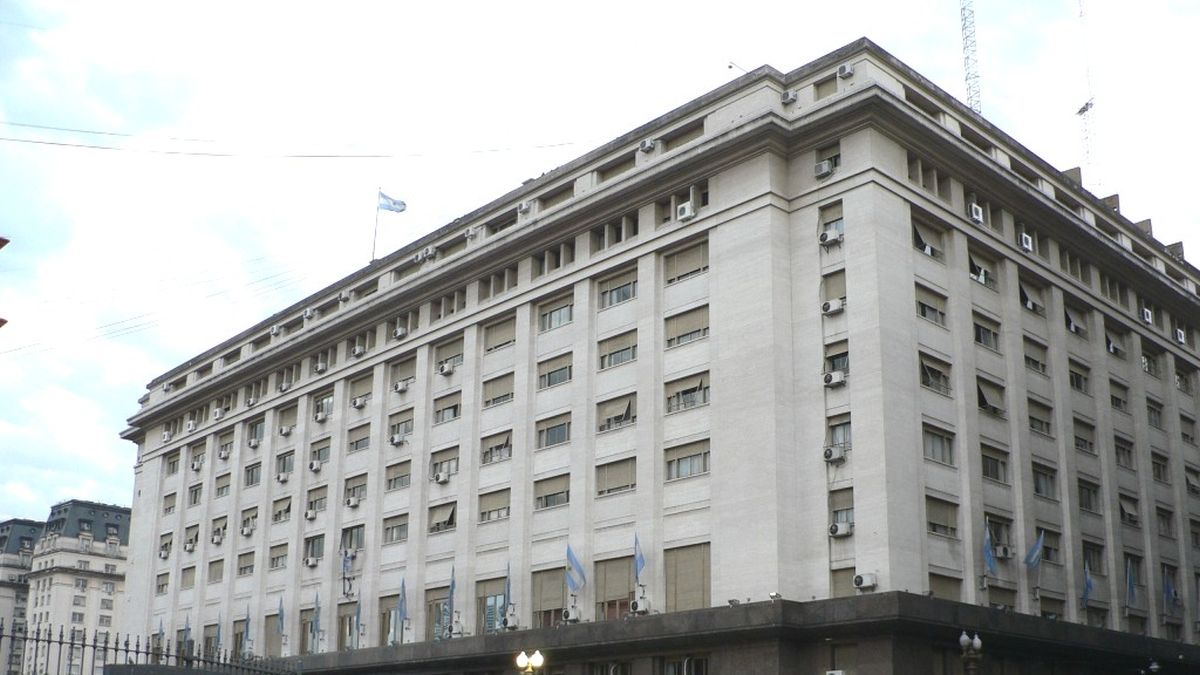The criticism from the neoliberal power plants of the pressure or fiscal burden, measured as a percentage of the collection in the GDP, is implicitly indicating that taxes must be reduced to a minimum expression, following the line of the Canchero State and the search for maximization of big business profit.
The notion of fiscal “drowning” can be refuted based on data from the OECD. If the average (2018-2020) of tax revenue is taken as a proportion of GDP, Argentina reaches 28.7%, above the region (22.4%), but lower than that of the club of OECD countries (33.5%), and much lower than in France (45.4%) and Italy (42.4%). Far from the aforementioned “asphyxiation”.
Furthermore, when compared to other countries in the region, the indicator in Argentina is below Brazil (32.2%) and very close to Uruguay (26.7%), a country that is considered by the establishment and its analysts as a fiscal “paradise”, in which very few taxes are paid.
Another aspect to consider, and which also emerges from the OECD statistics, is the regressivity of the tax schemes in the region. In the 2018-2020 period, taxes on income, profits and capital gains represented 6% of GDP in Latin America and the Caribbean, almost half of what the OECD collects for this concept (11.3%). In the particular case of Argentina, in those years the indicator was 5.2%, surpassed by Mexico (7.2%), Brazil (7.1%), Chile (7%), and without any point of comparison. with countries like Denmark (29.2%), Italy (13.5%), France or the United States (both 11.6%). These numbers indicate that the entire region is very far from international parameters and that there is room to move towards greater progressiveness. The latter includes issues recently recommended by various international organizations, such as a greater fight against tax evasion and avoidance. It does not seem to be an easy task, taking into account news such as those that could be read during the week: “Private report: Paying all taxes would force Argentine companies to close their doors.” Which would implicitly recognize that companies evade a large part of taxes; an extreme premise, although this does not mean that there is no need to continue improving auditing, particularly of large companies in the export sector.
It is essential to respond to the false reasoning that is trying to be installed, with the aim of rejecting a specific initiative, which aims to capture extraordinary and unforeseen benefits (product of a war) to minimize some of the most obvious impacts, such as the rise in the price of food. For example, Italy raises up to 25% the tax on profits fallen from the sky of energy companies.
The Argentine project on unexpected income would impact, according to the Government, less than 1% of the largest companies. However, from the neoliberal opposition, and outside the context imposed by the war, there is talk of a “tax” and an attempt is made to set the agenda so that there is no progress towards more progressive taxation and towards a more just and equitable society.
*National Deputy of the Front of All President of the Solidarity Party.
Source: Ambito
David William is a talented author who has made a name for himself in the world of writing. He is a professional author who writes on a wide range of topics, from general interest to opinion news. David is currently working as a writer at 24 hours worlds where he brings his unique perspective and in-depth research to his articles, making them both informative and engaging.




